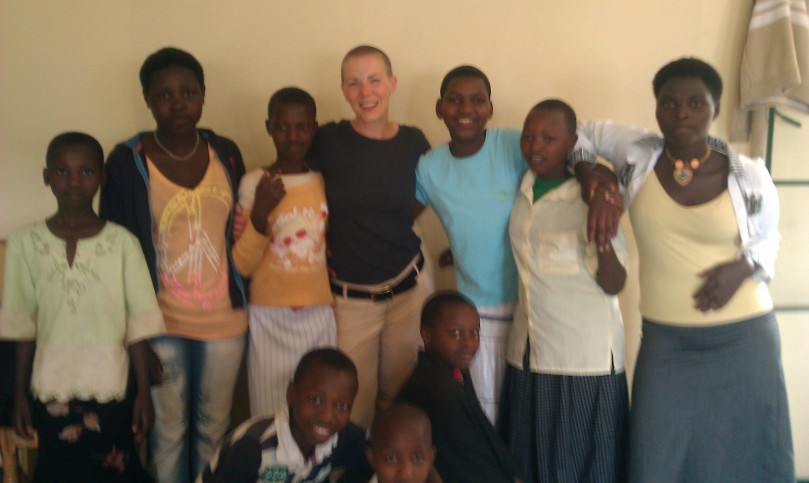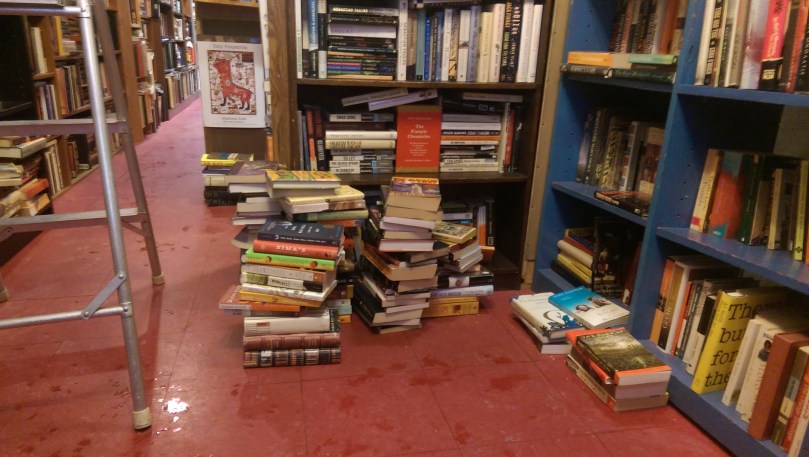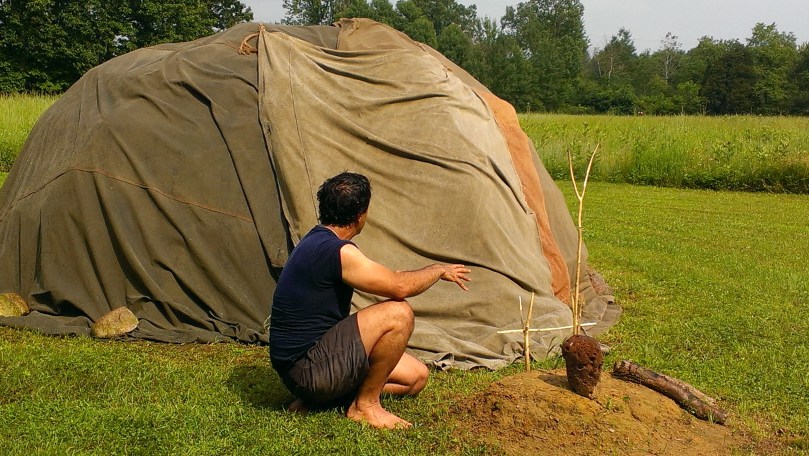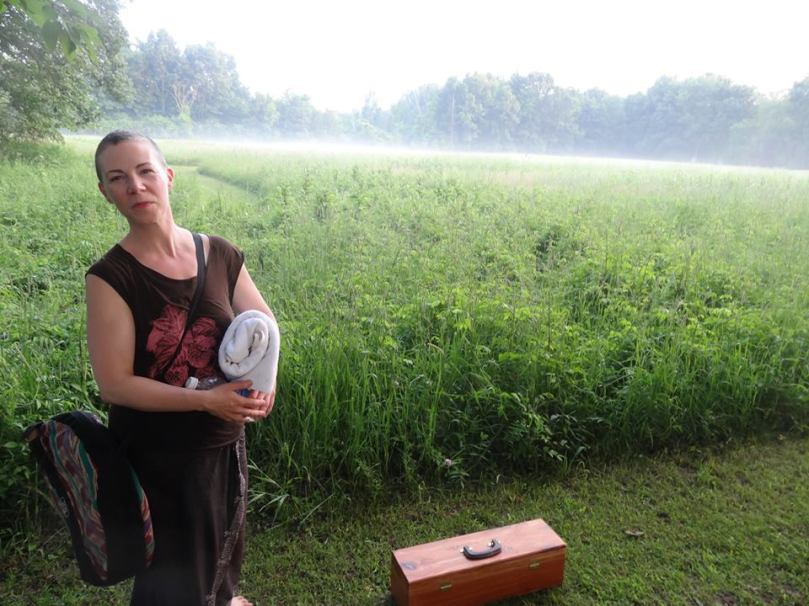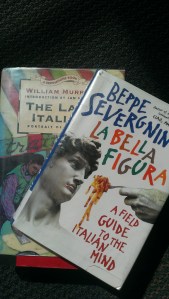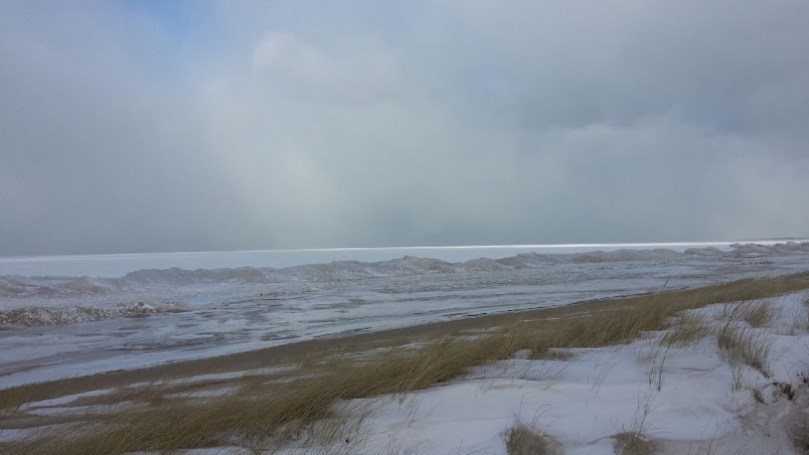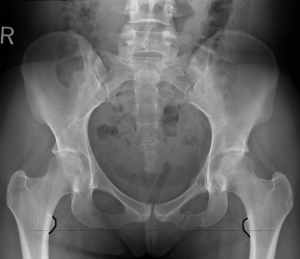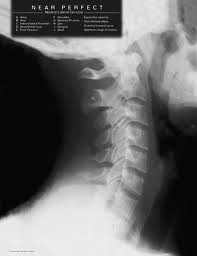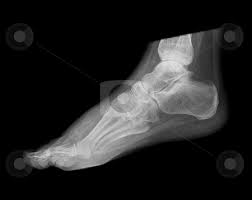With gratitude for those who have supported my Go Fund Me campaign, “They Don’t Eat Alone in Spain” — a post-divorce narrative of how 52 Artist Dates healed my heart and pointed me in the direction of my dreams –- and my goal of manifesting blog into book deal. Those who inspire me. Those who unselfishly prod me toward my one, precious life.
August 14
Among my many 20-something gripes was the idea that I didn’t “have a thing.” A passion. A commitment. A “thing” that defined me. Drove me. That people associated with me.
A medium of creative expression.
Like Sherrod Blankner with paint. Over the years I watched her toil outside my house on Liberty Street in San Francisco and at Artist Residencies in Mendocino. I watched her put on shows in Berkeley and sell her work to patrons everywhere. She was (and is) a “working artist.” A description she once laughed at … “If that means I earn enough to pay for my supplies, I suppose I am.”
Like Julie Brown with a lens. We met on assignment for the Jewish Bulletin of Northern California in 1995 — the camera to my pen. Portraits. Projects in Guatemala. Even my wedding — she wanted to be a guest, but wanted me to have beautiful photographs even more — Julie captured, and continues to capture real life from the other side of a piece of glass.
Thank you, Sherrod. And thank you, Julie. For inspiring me with your work and your commitment. And for your generous donations to my “They Don’t Eat Alone in Spain” campaign.
Turns out I did “have a thing,” and a medium … I always did. Words. It took the aftermath of divorce, sans romance, to wrangle them out of me and onto the pages of “They Don’t Eat Alone in Spain.”

August 19
In Jewish tradition, the number 18 represents “chai” or life. And it is customary to give gifts in denominations of $18.
So it seems only appropriate that my friend and “sister of choice,” Julie Kupsov, would so generously donate to my “They Don’t Eat Alone in Spain” campaign in this way.
Not only because we are both Jewish. But because we have experienced so much life — the birth of her son, for which I had the great, good honor to be present as her doula — and death — the passing of her parents Irv and Carole, who provided a safe, loving home away from home for me for more than 30 years — together.
And everything in between.
Julie pushed me to accept a newspaper job in San Francisco more than 20 years ago … thus leaving Detroit and our standing Thursday “date night.” And she loaned me money to volunteer in Rwanda in the midst of my divorce. … where the seeds of my book and my Spanish sojourn were planted.
Muchas, muchas gracias, Julie. (We learned that much in high-school Spanish class, right?) For your generous support of my campaign and of all my journeys.
(By the way, Julie is a genius writer in her own right … keep your eyes peeled for her name on Amazon!)
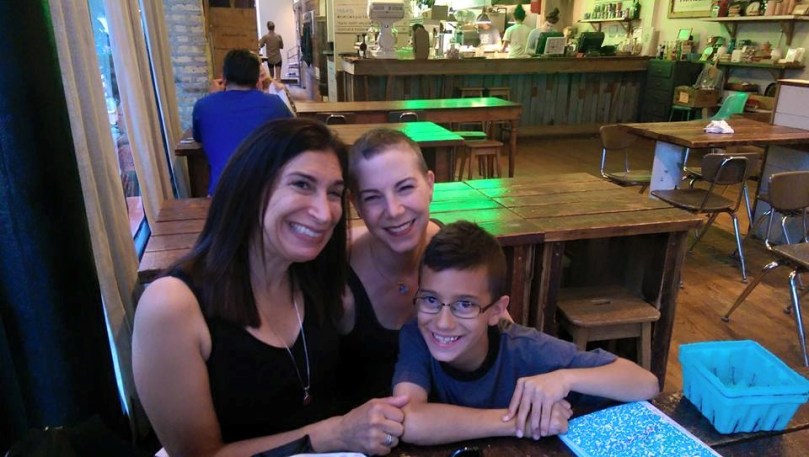
20 August
Math was never my strong suit.
“I don’t get it,” I’d sigh, slightly exasperated, plopping my textbook down on Mr. McClew’s desk in high school.
“OK,” replied the ever-patient instructor of snotty, privileged teens. “Tell me what you don’t get.”
“It!”
“I can’t help you, Lesley … You have to tell me what you don’t understand.”
I’m not sure I ever could. That I ever got “it.”
But I’ll tell you who does … my mother.
Because of her generous contribution to my “They Don’t Eat Alone in Spain” campaign, I’m more than half-way to my goal. And over-the-moon delighted and grateful.
What?! Fuzzy math? Lesley logic? The campaign says $1,956 to date. The goal is $4,250. Huh?? My mom is old school. She wrote me a check.
Thank you, Linda Park. For your contribution. And for always supporting me …
Pink hair. (“Not a word,” she’d mutter to my father after a trip to the hairdresser.) Bad behavior grades. (I once received an “unacceptable” conduct mark. She told the teacher in no uncertain terms this was preferable to me cowering in a corner. And afterward, convinced Coach Downs to give me a passing grade in gym class.) Pillbox hats to high school. (Enough said …)
Moves to San Francisco. Chicago. Seattle. Chicago. Spain. And Chicago again.
My choices may not have been her choices. But she “got,” and still gets, that this is my one and only life. And she bolsters me in any healthy way she knows how.
Like saying “yes” to my book “They Don’t Eat Alone in Spain” — a (mostly) happily-ever after, after divorce tale. The story of how 52 Artist Dates healed my heart and helped me to step into my one and only life. The life I always dreamed of.

Want to know more about “They Don’t Eat Alone in Spain” — how 52 Artist Dates saved my soul after divorce and landed me smack in the middle of my own life — or how to contribute to my Go Fund Me campaign? Click here.


